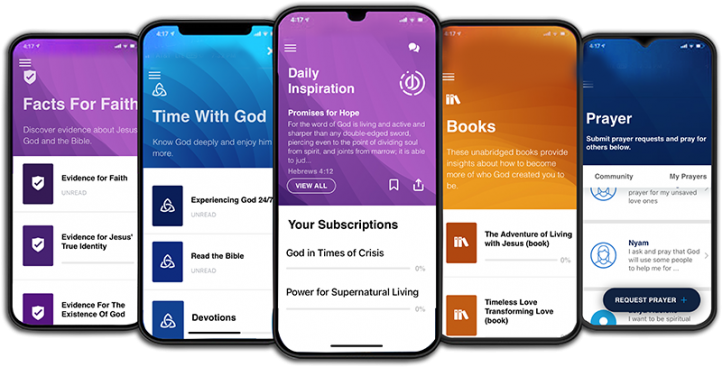The Holiness of God
Now on his way to Jerusalem, Jesus traveled along the border between Samaria and Galilee. As he was going into a village, ten men who had leprosy met him. They stood at a distance and called out in a loud voice, “Jesus, Master, have pity on us!” When he saw them, he said, “Go, show yourselves to the priests.” And as they went, they were cleansed.
(Luke 17:11–14)
Ceremonially unclean, cut off from worship at the sanctuary and cut off from fellowship with others in the community, lepers were forced to stay at a distance yelling, “Unclean! Unclean!” Such was the situation for the ten men we read about in our verses for today. Leprosy to the Jews was a disease that, more than any other, bore a mark of God’s displeasure. Lepers were banned outside the city to prevent physical contagion and also to symbolize the person’s separation from the holy camp of Israel. We find this mandated in Numbers and also Deuteronomy:
The LORD said to Moses, “Command the Israelites to send away from the camp anyone who has an infectious skin disease or a discharge of any kind, or who is ceremonially unclean because of a dead body. Send away male and female alike; send them outside the camp so they will not defile their camp, where I dwell among them.” (Numbers 5:1–3)
For the LORD your God moves about in your camp to protect you and to deliver your enemies to you. Your camp must be holy, so that he will not see among you anything indecent and turn away from you. (Deuteronomy 23:14)
The symbolism here blazes like a bolt of lightning in a black sky. Before the work of Jesus on the cross, we would all be outside the camp yelling, “Unclean! Unclean! Jesus, Master, have pity on us!” Our bodies, eaten up with sin, powerless to change our condition, we fall condemned before a holy God.
We often are ignorant of the holiness of God. How flippantly we perceive Him. Whenever people in the Bible had an encounter with the great “I AM” they would be overcome by fear. The contrast of God’s holiness and their unholiness was too much for them to bear in their sinful state. We read in Isaiah:
–C H MacIntosh, 1860,
Notes on Leviticus
In the year that King Uzziah died, I saw the LORD seated on a throne, high and exalted, and the train of his robe filled the temple. Above him were seraphs, each with six wings: With two wings they covered their faces, with two they covered their feet, and with two they were flying. And they were calling to one another: “Holy, holy, holy is the LORD Almighty; the whole earth is full of his glory.” At the sound of their voices the doorposts and thresholds shook and the temple was filled with smoke. “Woe to me!” I cried. “I am ruined! For I am a man of unclean lips, and I live among a people of unclean lips, and my eyes have seen the King, the LORDAlmighty.” (Isaiah 6:1–5)
Ezekiel relates his experience:
Then there came a voice from above the expanse over their heads as they stood with lowered wings. Above the expanse over their heads was what looked like a throne of sapphire, and high above on the throne was a figure like that of a man. I saw that from what appeared to be his waist up he looked like glowing metal, as if full of fire, and that from there down he looked like fire; and brilliant light surrounded him. Like the appearance of a rainbow in the clouds on a rainy day, so was the radiance around him. This was the appearance of the likeness of the glory of the LORD. When I saw it, I fell facedown, and I heard the voice of one speaking. (Ezekiel 1:25–28)
The writer of Hebrews gives us an account of Moses’ encounter:
You have not come to a mountain that can be touched and that is burning with fire; to darkness, gloom and storm; to a trumpet blast or to such a voice speaking words that those who heard it begged that no further word be spoken to them, because they could not bear what was commanded: “If even an animal touches the mountain, it must be stoned.” The sight was so terrifying that Moses said, “I am trembling with fear.” (Hebrews 12:18–21)
Ceremonial law still in effect, Jesus tells the lepers to go and present themselves to the priest. We need to note He did not cleanse them and say “go,” rather He sent them uncleansed … and as they went they were healed. Often our faith is tried through our obedience to prove it true. We act on what we believe.
Take It to Heart
Remember that at that time you were separate from Christ, excluded from citizenship in Israel and foreigners to the covenants of the promise, without hope and without God in the world. But now in Christ Jesus you who once were far away have been brought near through the blood of Christ.
(Ephesians 2:12–13)

